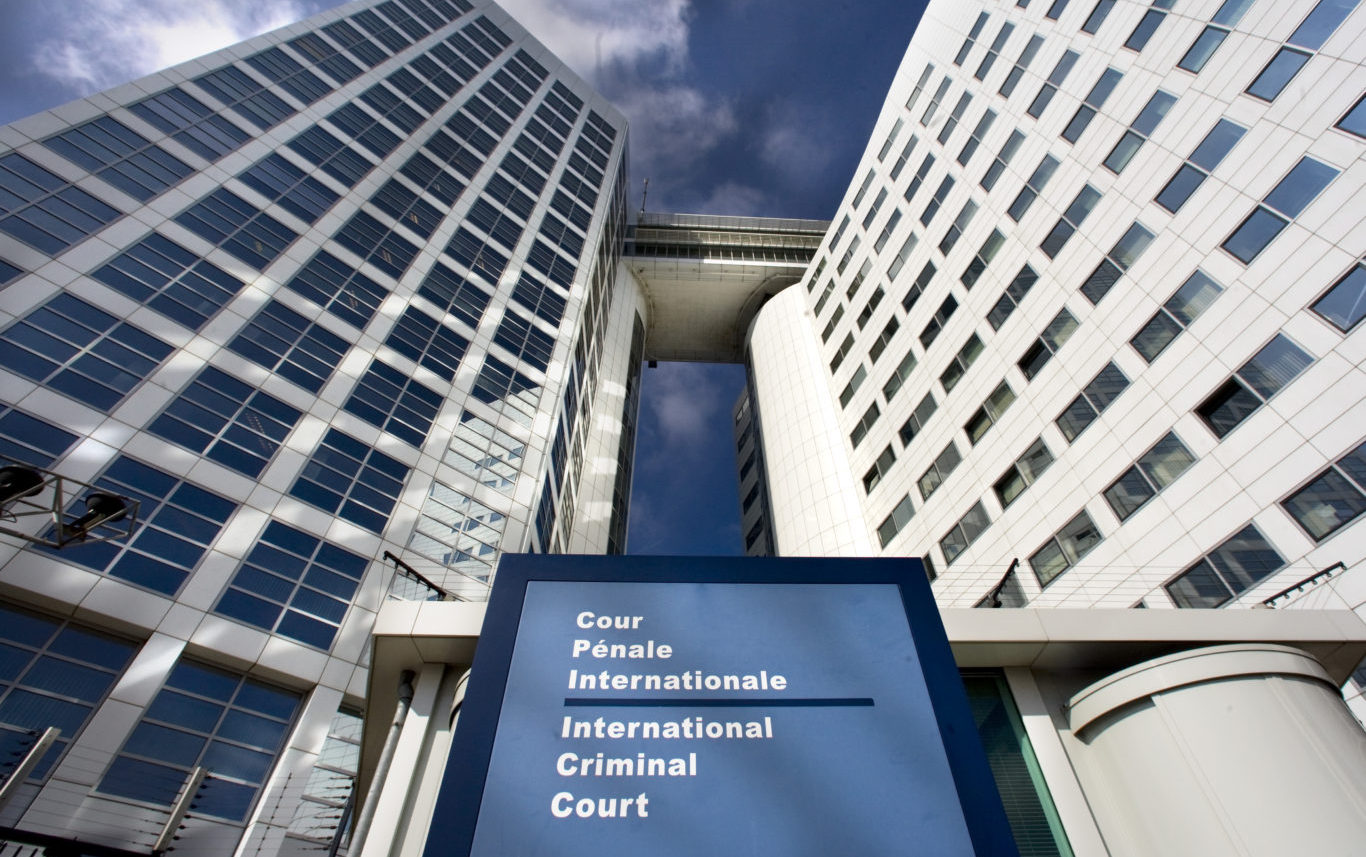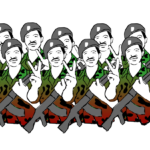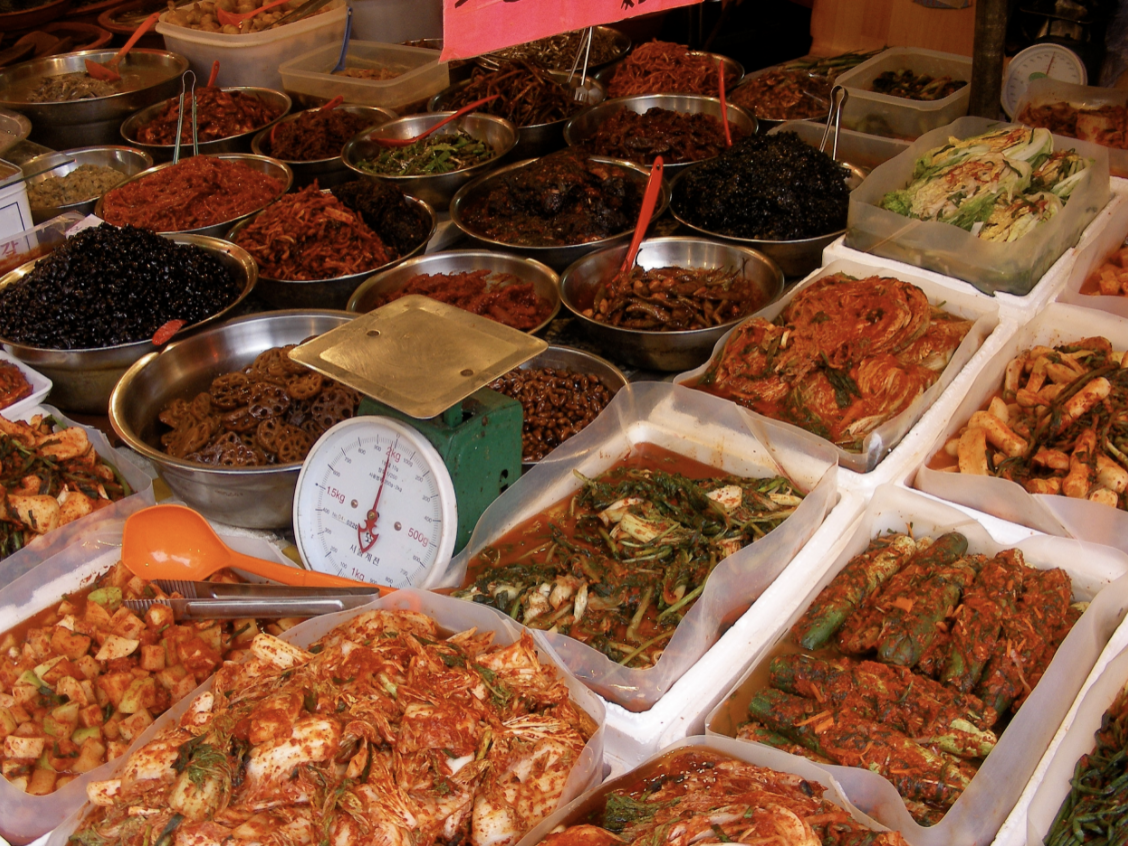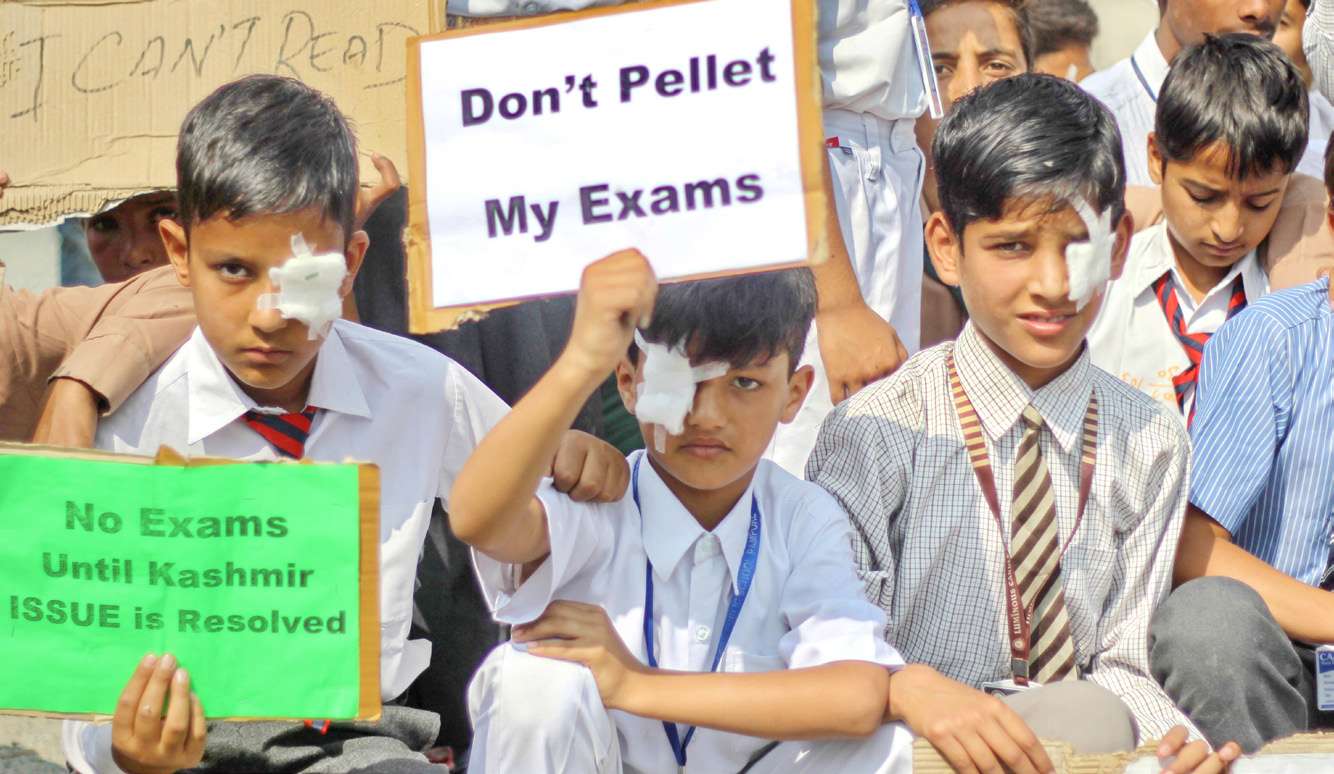Genocide, crimes against humanity, war crimes; the International Criminal Court (ICC) is charged with the heavy burden of trying to adjudicate some of the most horrific human acts imaginable. Whether justice can be found in such senseless violence is an unresolved question, nonetheless the ICC was founded in 2002 to at least make an attempt.
[eltdf_separator class_name=”” type=”normal” position=”center” color=”” border_style=”” width=”” thickness=”” top_margin=”” bottom_margin=””]
Of the ten cases the ICC has pursued, eight of them come from Sub-Saharan Africa. Despite its lofty founding ideals, the ICC and its short history reveal how far there is yet to go in the search for an internationally achieved justice.
[eltdf_separator class_name=”” type=”normal” position=”center” color=”” border_style=”” width=”” thickness=”” top_margin=”” bottom_margin=””]
At its most fundamental level, the ICC was created to satisfy the increasingly apparent need for a fair and permanent international court. The two ad hoc tribunals for the Yugoslav Wars and the Rwandan Genocide in the 1990s emphasized this need, as both tribunals were essentially limited to victor’s justice by the UN Security Council. In the case of the former Yugoslavia, the majority of those indicted, convicted and sentenced have been Serbs, happening as recent as this March with the conviction of Radovan Karadžić. In creating a permanent court unbeholden to the UN Security Council, many hoped the new court would be fairer in exercising justice. It appears this has not been the case.
[eltdf_separator class_name=”” type=”normal” position=”center” color=”” border_style=”” width=”” thickness=”” top_margin=”” bottom_margin=””]
A central issue plaguing the ICC is its reliance on voluntary state cooperation. This means the court’s investigatory capacities are more often than not trained on a state’s opponents, usually the losers of a conflict. Since the ICC began its investigations in Uganda in 2004, it has pursued the Lord’s Resistance Army (LRA), a rebel group led by Joseph Kony, while turning a blind eye to Ugandan President Yoweri Museveni and his regime. The ICC has indicted five LRA leaders for crimes of humanity and war crimes, crimes that Museveni’s regime is similarly guilty for committing.
[eltdf_separator class_name=”” type=”normal” position=”center” color=”” border_style=”” width=”” thickness=”” top_margin=”” bottom_margin=””]
Sometimes, states hide behind the ICC, using it as a surrogate domestic judiciary. This behavior similarly forces the court to investigate the politically weak. In its investigation of the Democratic Republic of Congo in 2004, the ICC has indicted or convicted five rebel leaders, three counts for rape, four for pillaging and other such crimes. Yet again, the ICC has ignored similar crimes committed by government forces, such as the rape and pillaging of Minova by Congolese government troops. The hand of the law does not fall evenly.
[eltdf_separator class_name=”” type=”normal” position=”center” color=”” border_style=”” width=”” thickness=”” top_margin=”” bottom_margin=””]
The ICC’s campaign in Côte d’Ivoire is another example of uneven justice. The ICC Office of the Prosecutor initiated the investigation in 2011 when a violent conflict broke out between incumbent President Laurent Gbagbo and opposition leader, Alessane Ouattara. Ouattara won the conflict, presidency and therefore sway over the court. The ICC has since indicted Laurent Gbagbo and his lieutenant, Charles Ble Goudé. The ICC has also ruled that the former first lady Simone Gbagbo is eligible to be tried. Even though Ouattara forces committed the same crimes that landed Laurent Gbagbo and Goudé in The Hague, they are not under investigation.
[eltdf_separator class_name=”” type=”normal” position=”center” color=”” border_style=”” width=”” thickness=”” top_margin=”” bottom_margin=””]
When it comes to UN Security Council referrals, biases are written directly into the UNSC resolutions. When the Libyan Civil War was referred to the ICC in 2011, the UN Security Council granted blanket immunity to NATO forces involved in the conflict. By limiting the scope of the ICC’s legal campaign, the United States, Great Britain and France were able to protect their own nationals from investigation while unleashing the ICC on the Gaddafi regime.
[eltdf_separator class_name=”” type=”normal” position=”center” color=”” border_style=”” width=”” thickness=”” top_margin=”” bottom_margin=””]
Another clear violation of fairness is the disproportionate power granted to two countries that are not even signatories to the Rome Statute, the United States and China. The two countries can refer cases to the court through a UN Security Council resolution while remaining virtually untouchable by ICC investigations. There is something wrong with a referral process that allows countries the power to guide the law of the court if they are not subject to the law themselves.
[eltdf_separator class_name=”” type=”normal” position=”center” color=”” border_style=”” width=”” thickness=”” top_margin=”” bottom_margin=””]
Crimes investigated by the ICC have no place in the world today; genocide and rape are despicable human rights violations. Yet, the idea of a fair, permanent international court is a starry-eyed one that simply cannot be fulfilled in the current global political system.
[eltdf_separator class_name=”” type=”normal” position=”center” color=”” border_style=”” width=”” thickness=”” top_margin=”” bottom_margin=””]
Despite what its proponents may claim, the ICC is a political organization because it investigates politicized situations in a polarized world. Simply put, the ICC is a wonderful idea, but hampered by poor, perhaps impossible, execution. Every time the ICC intervenes, it alienates entire populations with its biased, often one-sided legal proceedings. In a world already fraught with growing tensions and seemingly irreconcilable differences, there is little need for yet another entity that drives wedges between people and nations.
[eltdf_separator class_name=”” type=”normal” position=”center” color=”” border_style=”” width=”” thickness=”” top_margin=”” bottom_margin=””]
The ICC is a weak organization with little political and judicial freedom. Investigations authorized by the Pre-Trial Chamber (not state or Security Council referrals), take several years to clear the preliminary examination phases. The Security Council referral process, however, only took one week in the case of Libya and two months for Darfur, Sudan. Without more judicial freedom, the ICC will continue to investigate whatever the Security Council and interested states deem appropriate. Without a major overhaul of the ICC, the pursuit of justice for some of the most unspeakable crimes against some of the most powerless people will remain fraught, a perverted reflection of how far we are from our ideals.
- Defining Denuclearization - April 24, 2018
- Hold the Horses of Optimism: Donald Trump-Kim Jong Un Summit - March 15, 2018
- China-South Korea THAAD Rapprochement: Winners and Losers - February 8, 2018





